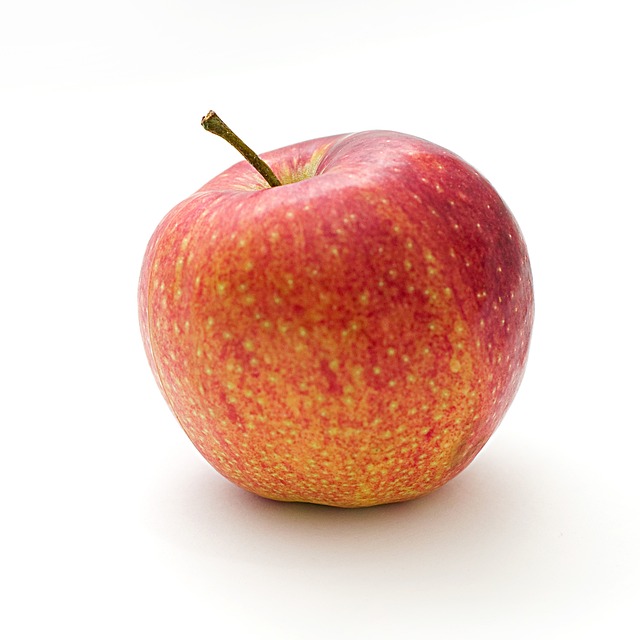Probiotics Unveiled: A Deep Dive into the Science behind these Friendly Bacteria
Probiotics have gained significant attention in recent years for their potential health benefits. These friendly bacteria are known to support gut health and contribute to overall well-being. But what exactly are probiotics, and what does science say about their effectiveness?
Defining Probiotics
Probiotics are living microorganisms, mainly bacteria and some yeasts, that are beneficial to human health when consumed in adequate amounts. They are commonly known as the “good” or “friendly” bacteria as they work in harmony with our body.
The most well-known types of probiotics are lactobacilli and bifidobacteria. They can be found in various fermented foods like yogurt, sauerkraut, kimchi, and in probiotic supplements.
How Do Probiotics Work?
Probiotics primarily exert their beneficial effects by colonizing the gut and influencing the composition of the intestinal microbiota. Our gut is home to trillions of bacteria, both good and bad, which play a crucial role in digestion, nutrient absorption, and immune function.
When the balance of this microbiota is disrupted, commonly due to factors like poor diet, stress, or antibiotic use, it can lead to various health issues. Probiotics help restore the balance by promoting the growth of beneficial bacteria and inhibiting the growth of harmful microbes.
The Benefits of Probiotics
Research suggests that probiotics offer several health benefits:
- Improved Digestive Health: Probiotics can alleviate symptoms of digestive disorders such as irritable bowel syndrome (IBS), inflammatory bowel disease (IBD), and diarrhea caused by antibiotics.
- Enhanced Immune Function: Certain strains of probiotics have been shown to boost the immune system, reducing the risk of respiratory infections and allergies.
- Mental Well-being: The gut-brain axis connects the gut and brain, and emerging evidence indicates that probiotics may contribute to mental health by influencing brain function and behavior.
- Heart Health: Some studies suggest that specific probiotic strains can help lower blood pressure and reduce cholesterol levels, thus promoting heart health.
- Increased Nutrient Absorption: Probiotics can enhance the absorption of essential nutrients like vitamins and minerals, ensuring optimal nutrition.
Choosing the Right Probiotic
Not all probiotics are created equal. To reap the maximum benefits, it’s important to consider the following factors:
- Strain-specific Effects: Different probiotic strains have varying health benefits. Look for strains that have been studied for their specific effects on the conditions you want to target.
- Colony-Forming Units (CFUs): CFUs represent the number of viable probiotic organisms contained in a serving. Higher CFUs ensure sufficient amounts of probiotics reach the gut alive.
- Quality and Viability: Choose reputable brands that use strains with demonstrated stability and survival throughout the manufacturing and storage processes.
It’s also essential to note that not everyone may experience the same benefits from probiotics. The effects can vary depending on individual factors such as age, health status, and the specific condition being addressed.
Prebiotics: The Perfect Complement
While probiotics provide live beneficial bacteria, prebiotics serve as their nourishment. Prebiotics are non-digestible fibers that stimulate the growth and activity of probiotics in the gut.
Whole foods like garlic, onions, bananas, and oats are excellent sources of prebiotics. Including prebiotic-rich foods in your diet can enhance the effectiveness of probiotics and promote a healthier gut.
The Future of Probiotic Research
Despite the growing body of evidence supporting the







